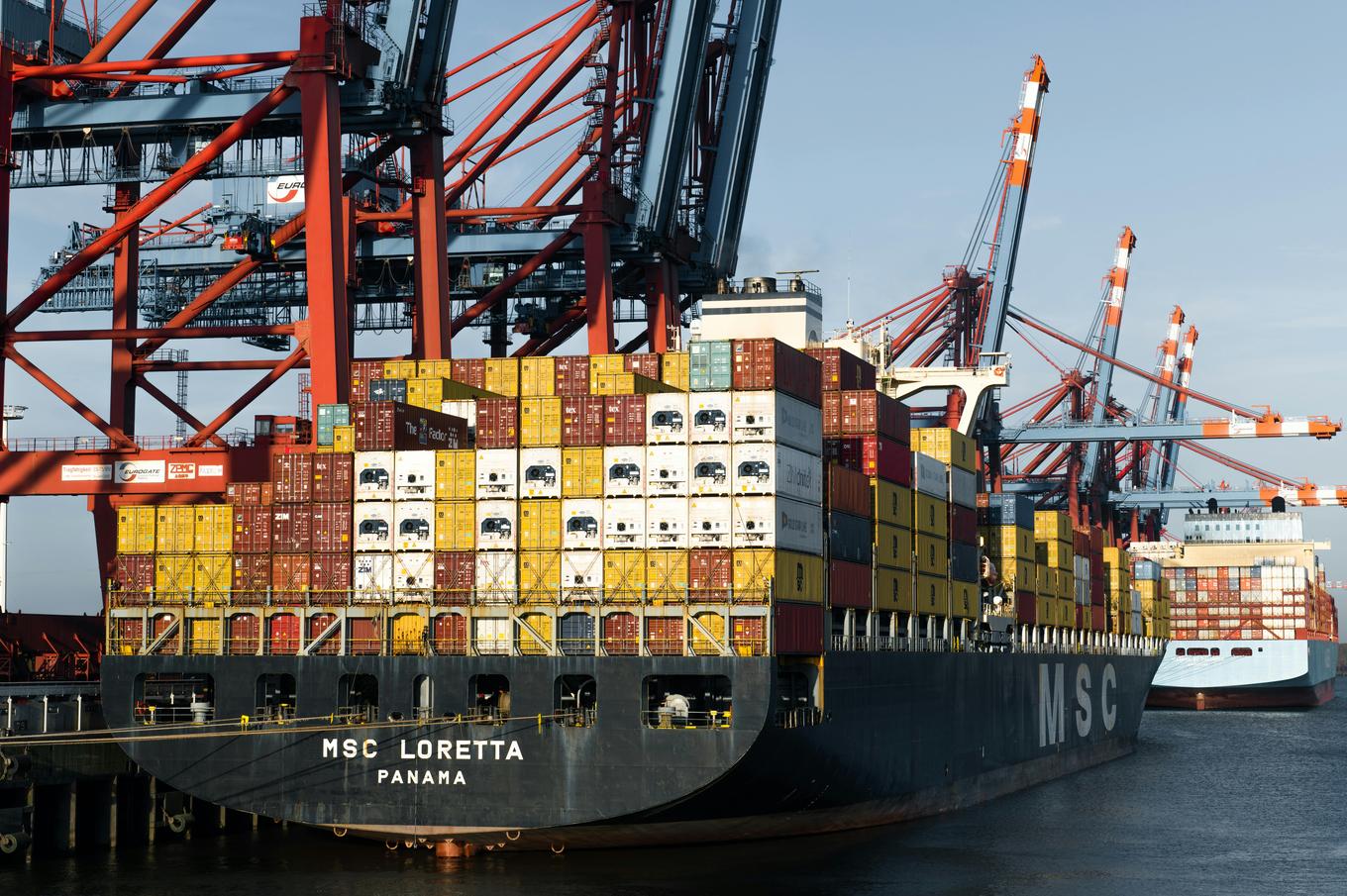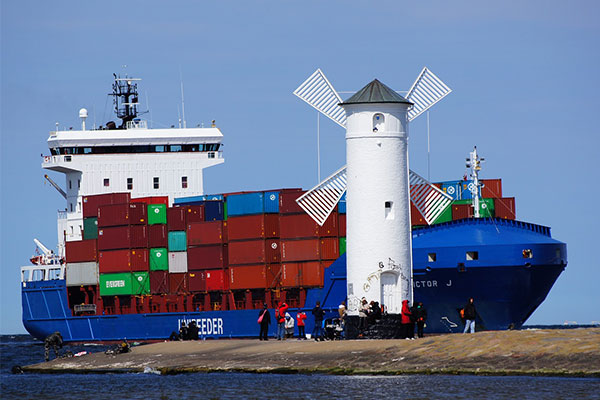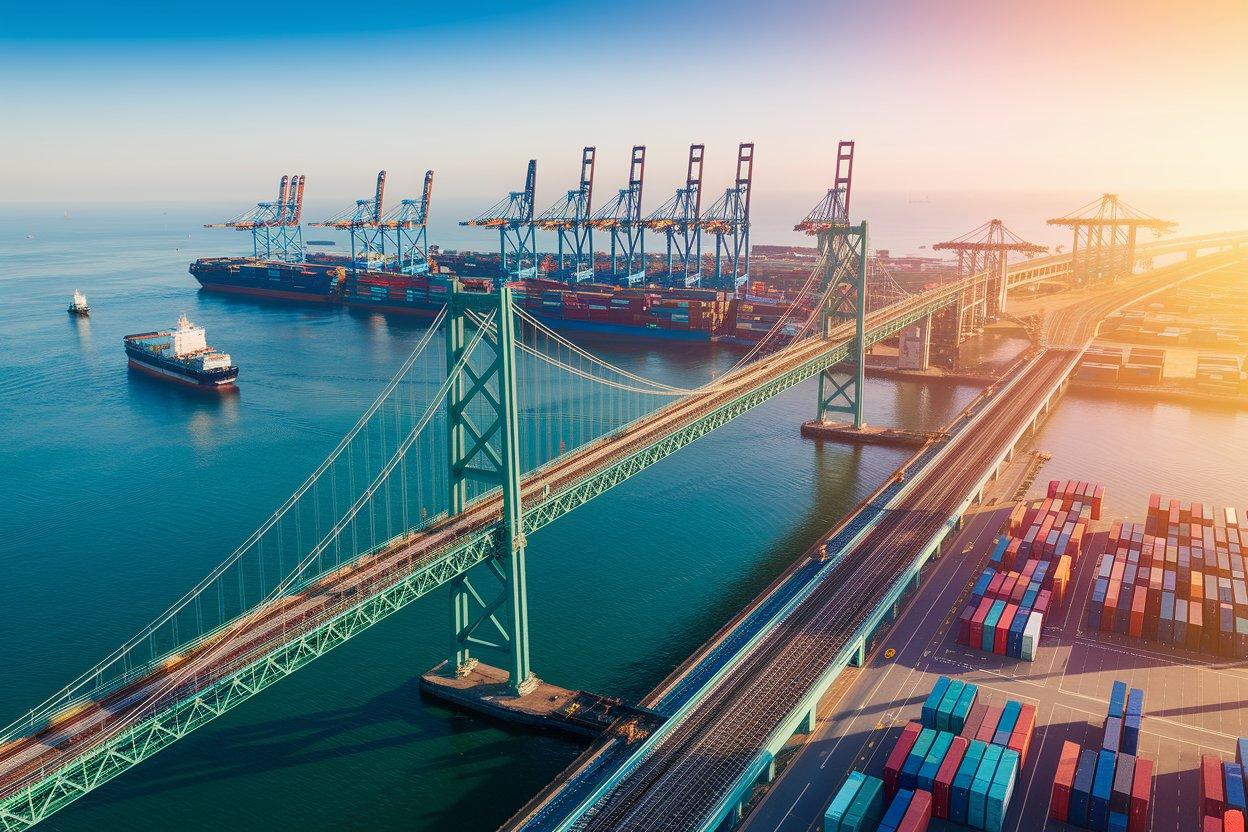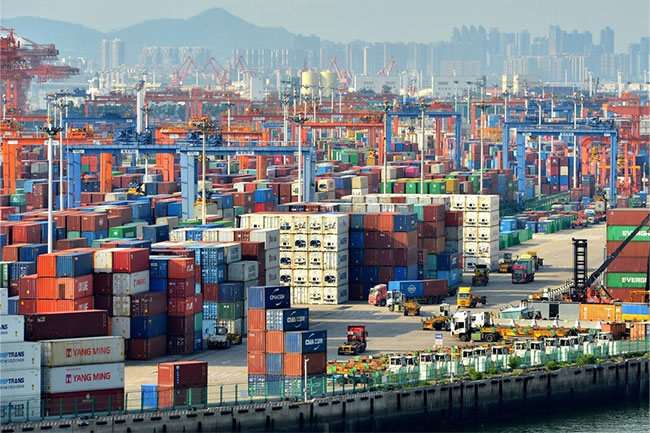- Shanghai Zhongshen International Trade Co., Ltd. - Two decades of trade agency expertise.
- Service Hotline: 139 1787 2118
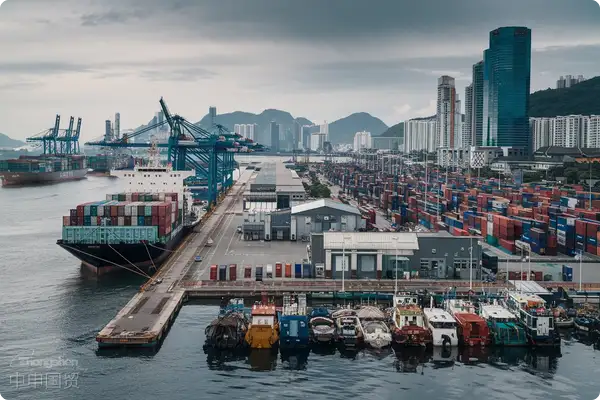
Contents
ToggleWhat is the essential difference between agency export and self-operated export?
From the perspective of international trade law definition,Foreign Trade Agency AgreementThe customs declaration shall be completed by a qualified third party entrusted for the task,A complete export agency agreement should be attached with:, tax refund, and other full-process operations, with the company merely acting as the actual supplier. AndSelf-operated exportEnterprises are required to independently complete the full set of export qualifications, including customs registration, foreign exchange account opening, and VAT refund declaration.
2. What are the significant operational differences between the two models?
- Qualification requirements
- Agency export: No customs requiredimport and exportPower
- Self-operated export: A customs registration certificate must be obtained.
- Capital flow
- Agency export: Foreign exchange is collected by the agency company on behalf.
- Self-operated export: Direct settlement through the enterprise's foreign exchange account.
- Risk bearing
- Agency export: The customs declaration is issued under the name of the agency company.
- Self-operated export: The enterprise bears all trade risks independently.
III. Five Core Advantages of Choosing Agency Export
According to the 2024 statistics from the General Administration of Customs, 63% of small and medium-sized enterprises opt for export agency services, with the main benefits including:
- Save 30-50% of the time cost for qualification processing.
- Circumvent risks associated with foreign exchange control policies (e.g., the 2023 revised Foreign Exchange Administration Regulations)
- Shared Proxy CompanyExport DrawbackLimit
- Professional team handles trade disputes
- Flexibly respond to seasonal order fluctuations
4. Which types of enterprises are more suitable for self-operated export?
It is recommended that enterprises with an annual export volume exceeding $5 million consider the self-operation model, especially:
- Enterprises that need to establish independent international brands
- Involving specially regulated commodities (such asMedical Equipment, hazardous chemicals)
- Have long-term stable overseas customer resources
- Possess professionalismforeign tradeTeam and Risk Control System
V. How to Choose in the Context of International Trade in 2025?
With the full implementation of RCEP and the development of digital trade, it is recommended that enterprises focus on:
- Cross-border E-commerceComprehensive Pilot Zone policies (such as the 15 new pilot cities added in 2024)
- The customs clearance facilitation brought by AEO certification.
- Innovative Applications of Exchange Rate Hedging Instruments
- Green Trade Barrier Response Plan
VI. Common Misconceptions and Risk Warnings
- Agency Fee Trap: Be wary of abnormal quotes that are more than 3% below the market price.
- Document risk: It is imperative to ensure the consistency of information across the three documents (customs declaration form, bill of lading, and VAT invoice).
- Time Sensitivity Risk: Special attention should be paid to the L/C presentation period for commodity exports.
VII. Professional Advice: How to Evaluate a Partner Agency?
It is recommended to evaluate the agency from the following dimensions:
- Customs Credit Rating (Recommended AA Category Enterprise)
- Foreign Exchange Administration Classification Level (Class A is preferred)
- Historical tax refund cycle (normally should be within 45 working days)
- Does it possess special industry operation qualifications?
- Information system integration capability
Related Recommendations
? 2025. All Rights Reserved. Shanghai ICP No. 2023007705-2  PSB Record: Shanghai No.31011502009912
PSB Record: Shanghai No.31011502009912
